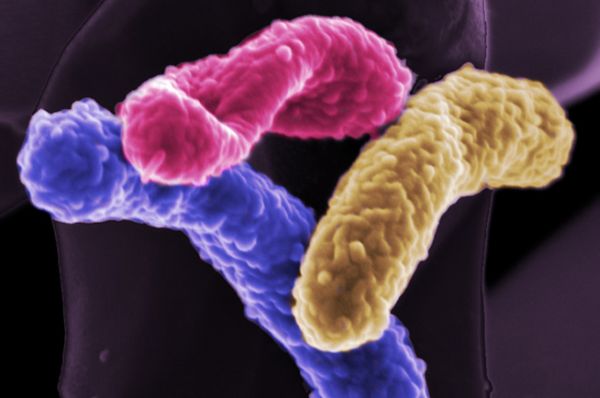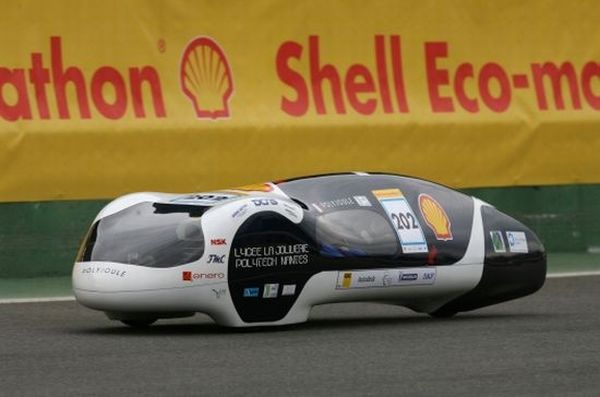
Hydrogen fuel is considered as a more eco friendly option than the use of the conventional fuel. These sources are not abundantly available and hence need to be conserved. Hydrogen fuel can store more energy as compared to the conventional fuels and it does not produce any environmentally dangerous by-products in the form of carbon monoxide and other harmful gases. Hydrogen is a very light gas and it rises up, and hence it is not found in our atmosphere. It has to be manufactured using process like electrolysis which breaks the oxygen and hydrogen molecules present in water. But this process requires a huge amount of energy and hence researchers have started looking at other options, like bacteria, to make this fuel.
2009 was the year when some researchers discovered that there was a special kind of bacteria that could separate out oxygen and hydrogen molecules present in water. They would require an electric charge to activate them to do so. But this would again require a huge amount of energy. Then there was another method found that makes use of an electrochemical reaction to activate these bacteria. This reaction is caused between saltwater and freshwater.
In this electrochemical process, there is a membrane used. Saltwater is placed on one side of the membrane and seawater is placed on the other side. The function of this membrane is to allow the ions to flow through it but, at the same time, prevent the water molecules from doing so. These ions flow to the freshwater and balance out the osmotic forces. Thus a charge difference is created that can be used for various purposes. This is a very small charge but it is sufficient to activate the bacteria required to split the oxygen and hydrogen molecules. Now these bacteria, through oxidation of carbon, harvest their electrons. If they do not find a good electron acceptor, they pass on their electrons to any acceptor that is available. But if they are given a proper electrode they move all their electrons to that electrode. Using this principle, cells placed in series are used and the anode is used to enable the bacteria to deposit their electrons onto it. These cells are linked with the bacterial system which is continuously supplied with a feed or organic chemical like acetate. With this in place, the cells are able to produce sufficient hydrogen, whenever they are supplied with water. This provides an unlimited source of hydrogen but only as long as the acetate is provided to them. The only major requirements for this process are cathodes, either made from platinum or from other cheaper substitutes and the organic feed.
Production of hydrogen in this manner has its own advantages. The main advantage is that this process can ensure continuous production of hydrogen. This hydrogen can be turned into fuel and used for various purposes. The fuel is eco-friendly and does not emit any kinds of harmful chemicals and gases. This is a very clean manner in which the fuel is manufactured, as, most of the raw material used is water. With the help of acetate, you can easily measure the amount of energy which is provided to the system. But if you want to use other bio-degradable sources of energy, you can do so, provided you put in the right species of bacteria in the system. Most of the energy required from this process comes from the organic matter and the difference between the saltwater and freshwater. As such a lot of energy is conserved when hydrogen fuel is made using this process. The traditional method of producing hydrogen fuel, i.e. by electrolysis of water, requires considerable energy and is quite expensive. With so many advantages, production of hydrogen fuel with the help of this method, is considered more appropriate.
It has a good impact on our future as well. Natural resources are depleting continuously. As a result there has always been a need to find alternatives to these resources and fossil fuels. Hydrogen, produced in this manner, is the ideal fuel which does not make use of any natural resources and is made from the most exhaustive resource available on earth i.e. water. It can be manufactured using biodegradable wastes and therefore helps in the proper disposal of wastes, thereby reducing land pollution. Using this fuel does not release an greenhouse gases and hence it is a fuel that is used in many industries all over the world. Also it can be produced on a large scale, which ensures its long-term availability.




